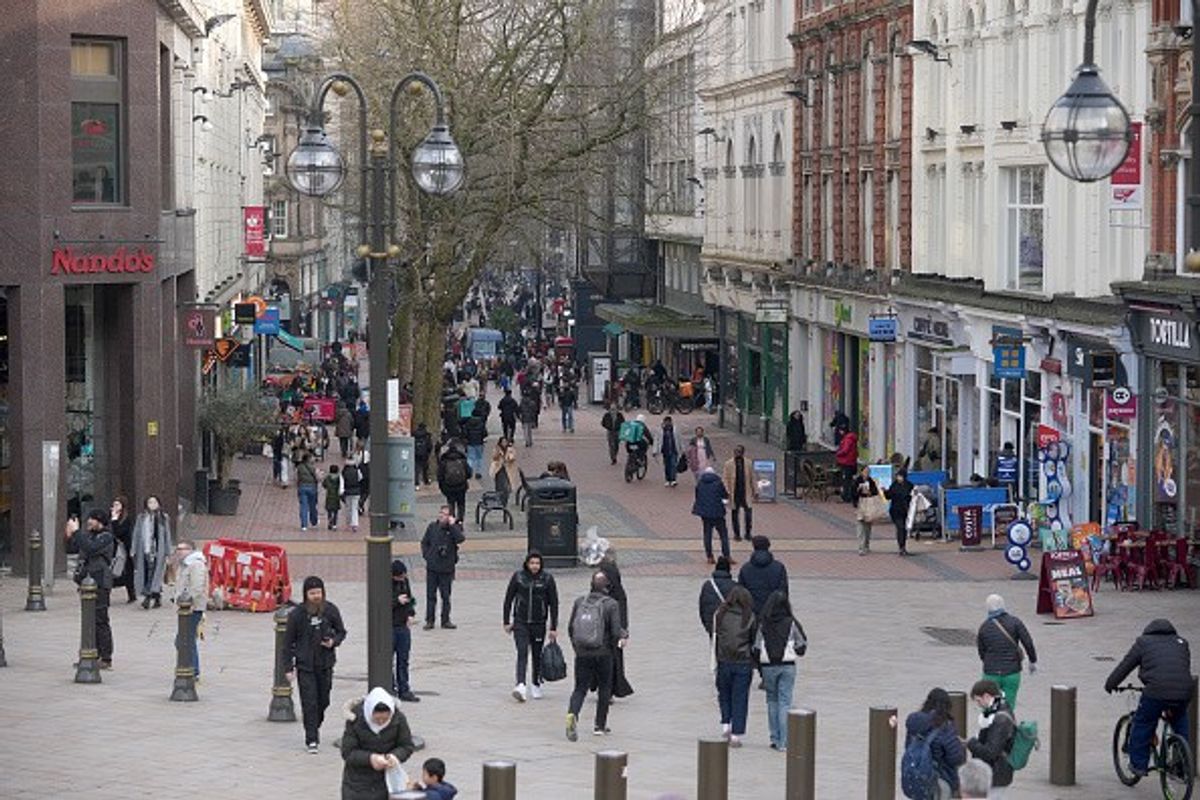Consumer confidence in the UK economy has taken another hit, with expectations reaching a new low, states the latest industry data, ringing alarm bells ahead of upcoming hikes scheduled in April on multiple fronts.
While households are also gloomier about their own personal finances, retailers are also facing mounting challenges, with rising operational costs and potential hiring freezes on the horizon.
According to BRC-Opinium data released today (20), consumer expectations over the next three months of the state of the economy worsened to -37 in February, down from -34 in January. This is the fifth consecutive month in which expectations have worsened.
Their personal financial situation dropped to -11 in February, down from -4 in January while their personal spending on retail rose to -5 in February, up from -9 in January.
Their personal spending overall remained at +4 in February, the same as in January and their personal saving remained at -3 in February, the same as in January, shows the BRC data.
Helen Dickinson, Chief Executive of the British Retail Consortium, says, "People’s expectations of the economy reached a new low, having fallen almost 40pts since July 2024.
"Even Gen Z (18-27), the most upbeat generation on the economy and their own finances, saw a drop off in optimism. There was also a widening gender divide in confidence this month, with women more pessimistic than men about both the economy and their own finances by 13 and 17pts respectively.
"With many businesses warning of the impact that April’s employer NIC’s increase will have on hiring, and the rising energy price cap pushing up the cost of domestic bills, it is little surprise that many households are worried.
"And while there was a positive increase in expectations of personal retail spending, this may be largely driven by the expectations of higher prices in the future."
Expectations of higher prices are not unfounded, with two-thirds of retailers saying prices will have to rise as a result of the £7bn in additional costs, including higher employer NICs and a new packaging levy, Dickinson says.
"Almost half of retailers also warned of hiring freezes, with entry-level jobs often among the first to go as they seek any cost efficiencies to help them protect customers from the worst of the rising costs.
"As the Government bill on the future of business rates progresses through Parliament, it is essential that no shop ends up paying more in rates as a result of these reforms, otherwise retailers will face a triple whammy of Budget costs, business rates rises, and new packaging and recycling levies, all of which will filter through to consumer prices.”


